Last week, on Monday, 23.09.2024, the Center Team presented the Digital Projects of the Center for the History of Women Philosophers and Scientists at the XXVI. German Congress of Philosophy, which took place in Münster from 22 to 26 September 2024 under the motto #digital | thinking.
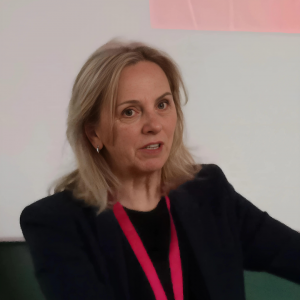
Prof. Dr. Ruth E. Hagengruber, who chaired the session, emphasised the importance of digitisation in the field of research on women philosophers, as resources are rare and in danger of being lost. A sustainable reappraisal of these sources is therefore urgently needed and is already being pursued by the Centre in various projects.
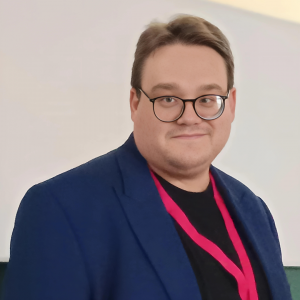
Research Fellow Felix Grewe presented the EcoTechGender project, in which he is actively involved and for which he is organising a Workshop on 15 November 2024. He also focused on the Centre’s events, which are regularly held as hybrid events, as the Centre attaches great importance to networking with researchers from all over the world and believes that an ‘online’ exchange can also be fruitful. Felix Grewe underlined the existence of the calendar of events, which is available on our website and gave an outlook on the coming months. He highlighted the current New Voices series on Latin American women philosophers and called for all interested new members.
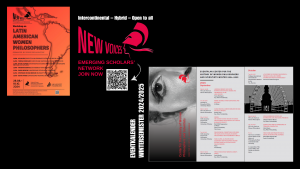
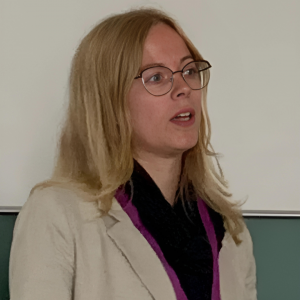
Our Deputy Director and Research Fellow, Dr. Jil Muller, presented our main digital data collection projects: the Directory (our large online data library), the Timelines (which digitally show the important dates and connections of women philosophers), and the ECC, our Encyclopaedia of Concise Concepts by Women Philosophers. The ECC collects short analyses of key concepts in women’s philosophy, written by renowned experts who link these articles to their own research. We are particularly interested in researching and linking the primary literature of women philosophers in order to make sources available to the research community.
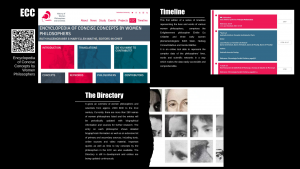
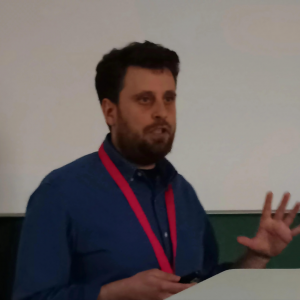
Research Fellow Pedro Pricladnitzky concluded the presentation with a very interesting insight into the digital project on the manuscripts of Émilie du Châtelet. He showed the importance of placing du Châtelet in her historical context and network, underlined the technical challenges and solutions in working with the manuscripts, and the different layers of text that can be found in the manuscripts.
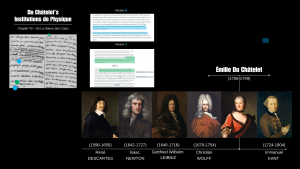
You cannot copy content of this page








